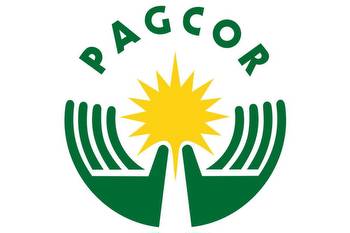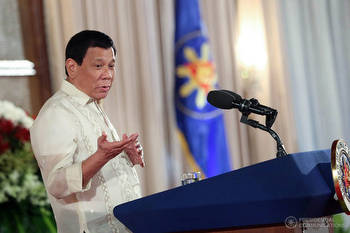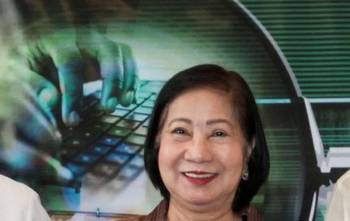'Future of online gaming depends on Marcos admin'

ONLINE gaming or online gambling is still in limbo but revenue figures show that this should be looked at as a viable source of income, a ranking Philippine Amusement and Gaming Corp. (Pagcor) official said on Tuesday.
"These figures will probably be considered by the next administration [of President Ferdinand 'Bongbong' Marcos Jr.] and looked at if this is a viable source of income," Jose Tria Jr., a lawyer and Pagcor special assistant to the chairman and concurrent vice president of I-Gaming Licensing and Regulation Group, said in a business forum organized by The Manila Times.
"The future of online gaming or online gambling will depend on the new administration," he noted.
"We do not know if it would be allowed to continue or not," Tria said.
Online gaming includes virtual poker, casinos, sports betting and e-bingo.
Pagcor oversees the online gaming industry.
Tria said from 2016 to 2019, online gaming was not allowed in the local scene.
What was allowed then, he added, were those offered by the Philippine Offshore Gaming Operators or POGO, but these were online games for foreigners or players who are outside Philippine jurisdiction.
Tria said online gaming offered to local players only started in 2020 at the onset of the Covid-19 pandemic.
Nevertheless, available data showed a slow but steady increase in revenue.
In 2020, only.07 percent in revenue was recorded (P1.36 billion), but in 2021, it rose to 36.22 percent (P950.78 billion), with onsite gambling comprising only 63 percent.
In the first quarter of 2022, the gross gaming revenue (GGR) from electronic gaming (online betting) increased to a staggering 53.29 percent (P600.91 billion), higher than the GGR from onsite betting, which was only 46.71 percent (P526.77 billion).
The GGR for online sports betting during the first quarter of 2022 was even higher with P88.58 billion or 77.32 percent compared to onsite betting that was only at 22.68 percent (P25.99 billion).
"This shows that people are now really preferring online games over physical or on-site betting," Tria said.
"The gaming sector is experiencing a change or morphing into an online mode of gaming. We see that as an upcoming trend. The next administration should also consider that. If we do not go with the times, or we do not adapt or we do not respond to the preferences of the players, then the illegal operators would probably gain more than the government and the government ends up losing or not receiving any revenues from the income derived by these illegal operators," he explained.
Since this is a new trend for the gaming industry, Tria noted that the number one challenge is the sprouting of illegal websites.
"The law enforcement agencies are having a hard time going after these illegal websites. It is easy to take down illegal websites but it does not prevent the illegal operators from opening new sites. So, as experience [showed], we would take down one illegal website, the next day they would replace it with 10 new websites," he pointed out.
Tria said there was one illegal website that Pagcor took down but the next day there were 63 new websites coming from the same illegal operator.
"So, it's a really hard game to control," he added. "The problem is since we do not have any laws on online gaming right now, these people have the temerity or the courage to conduct illegal gaming."
He also explained that the illegal operators will only be charged based on old penal laws on illegal gambling that enumerate games that are not allowed "and online games are not among those enumerated."
"So there's somewhat a loophole in the law," Tria said.
Another challenge is how to control the participation of unqualified players, he added.
"We all heard the news, especially when e-sabong was still allowed, minors and government officials were able to play," Tria said.
Gambling addiction is also a challenge since offering the games online would make it very easy for people to access the games "in the comfort of their own homes."
"You do not even need to seek the permission of family members. That is the difference when you go to the physical betting stations. Usually, they would know you are going there but with the online platform, you can just stay inside your room and start playing and nobody knows you are already gambling and losing money," Tria said.
He added that since the online gaming industry is relatively new, Pagcor, through experience, would be able to come up with better regulations.
"But as we try to answer and address these issues that we face, the development of technology is also fast-paced, so every day we have a new challenge to face. This will be a challenge, but I am sure Pagcor would be able to come up with better regulations if these online games are allowed to continue," Tria said.
On the other hand, he added, the government must also consider if online gaming can be properly regulated "because we cannot just look at this as an income source, we also have to consider responsible gaming."
"We only have to respond and be prepared with the proper regulations so we can address the issues that we will face with online gaming or gambling," Tria said.
































